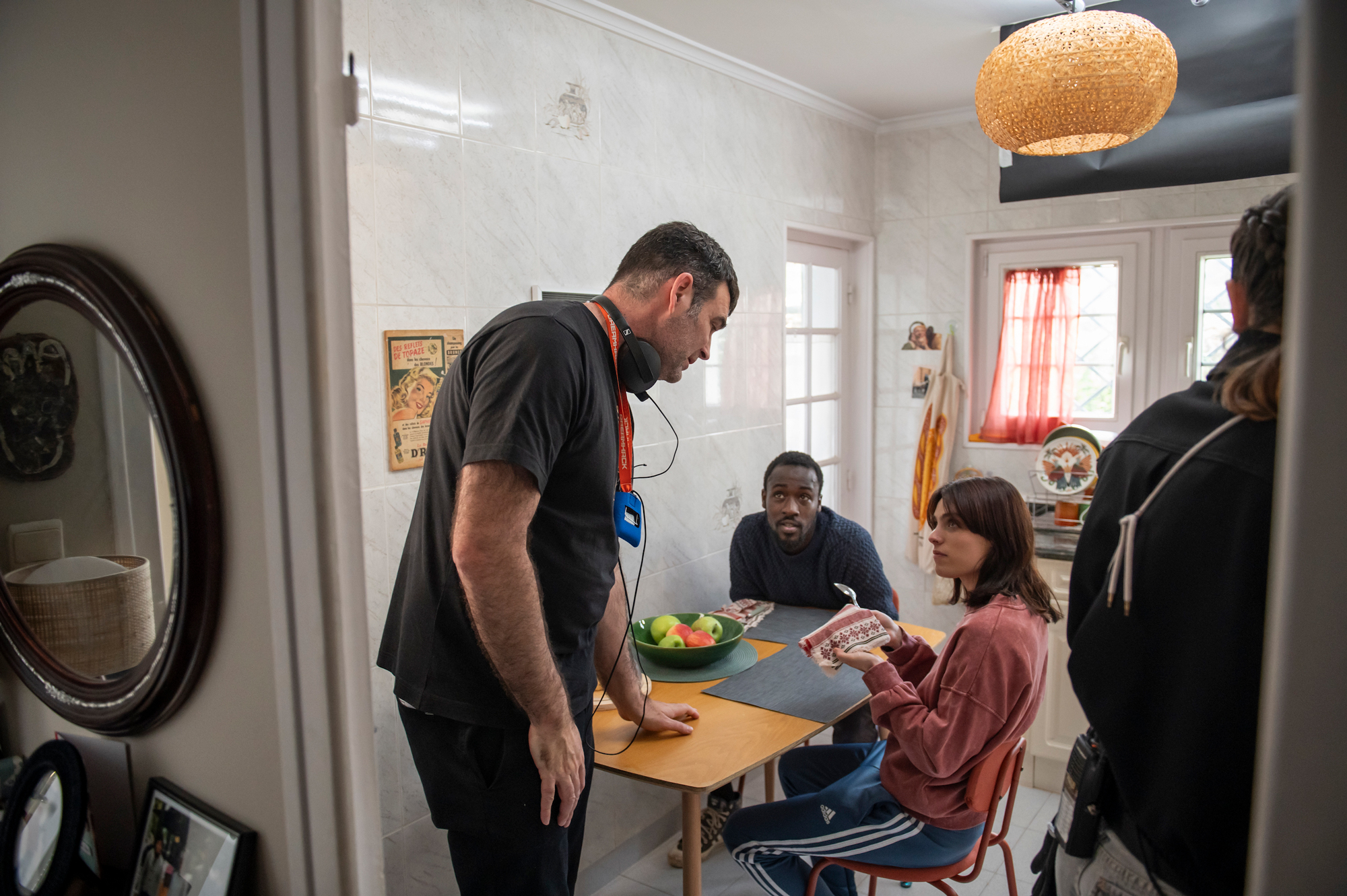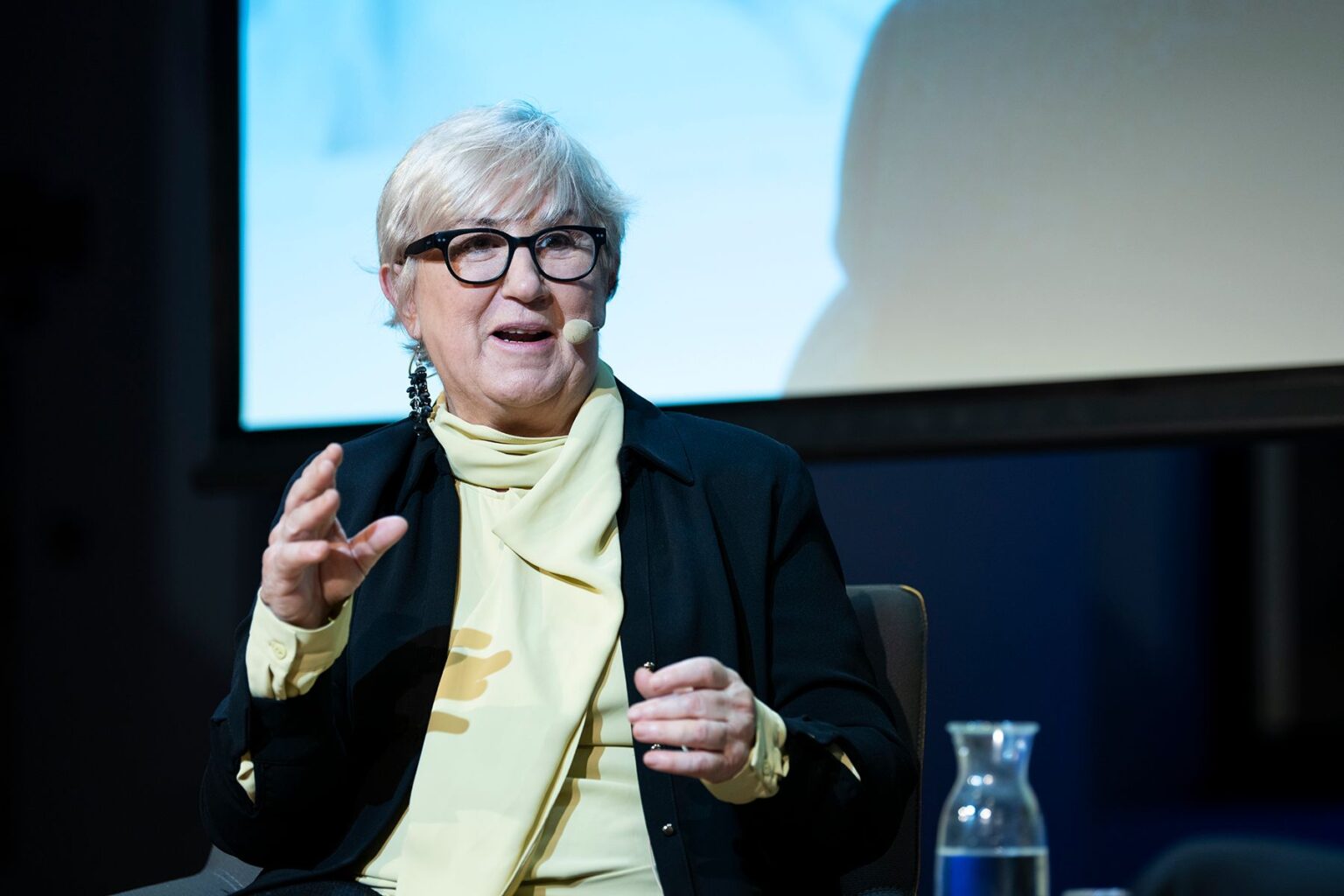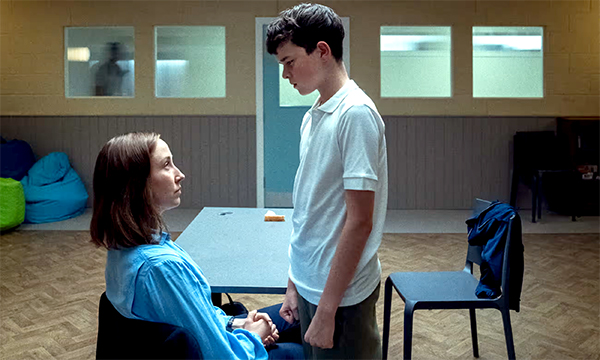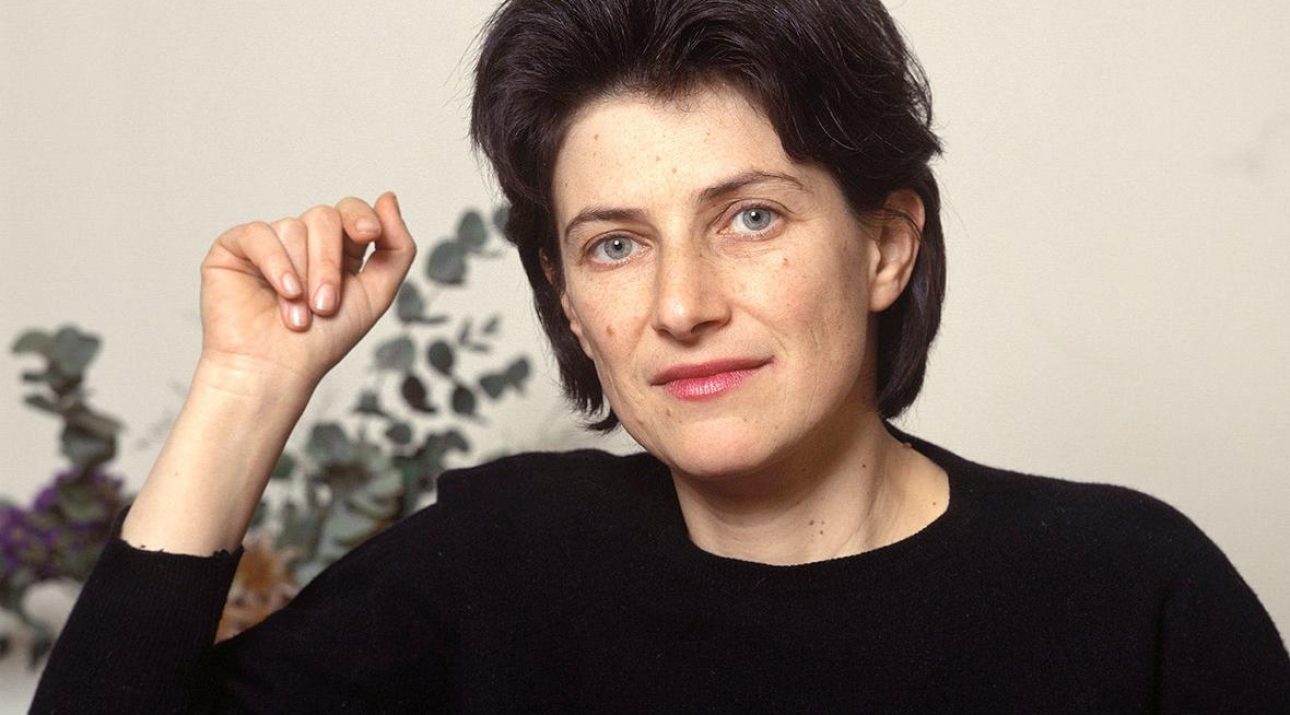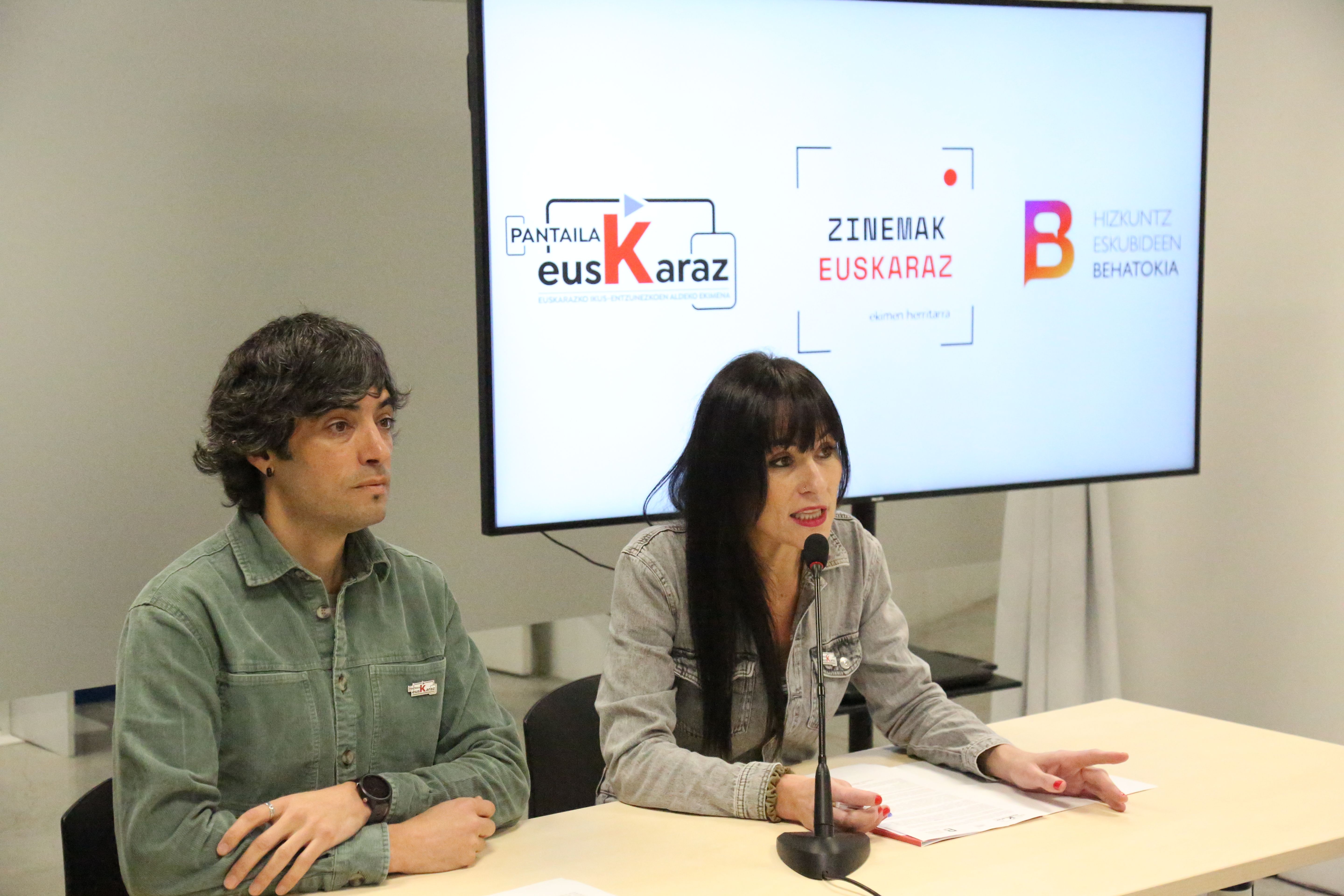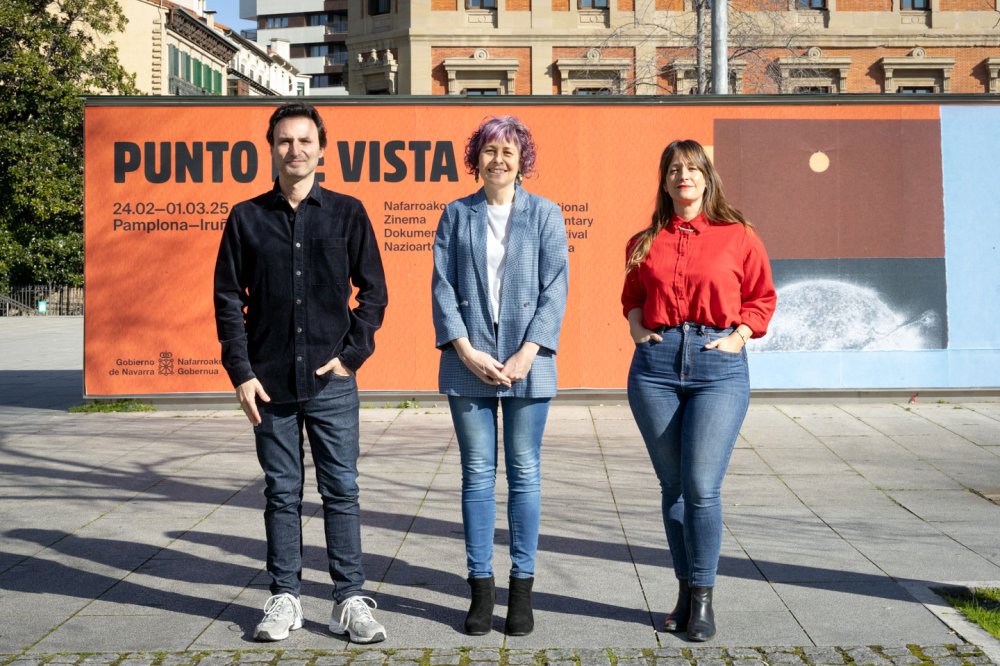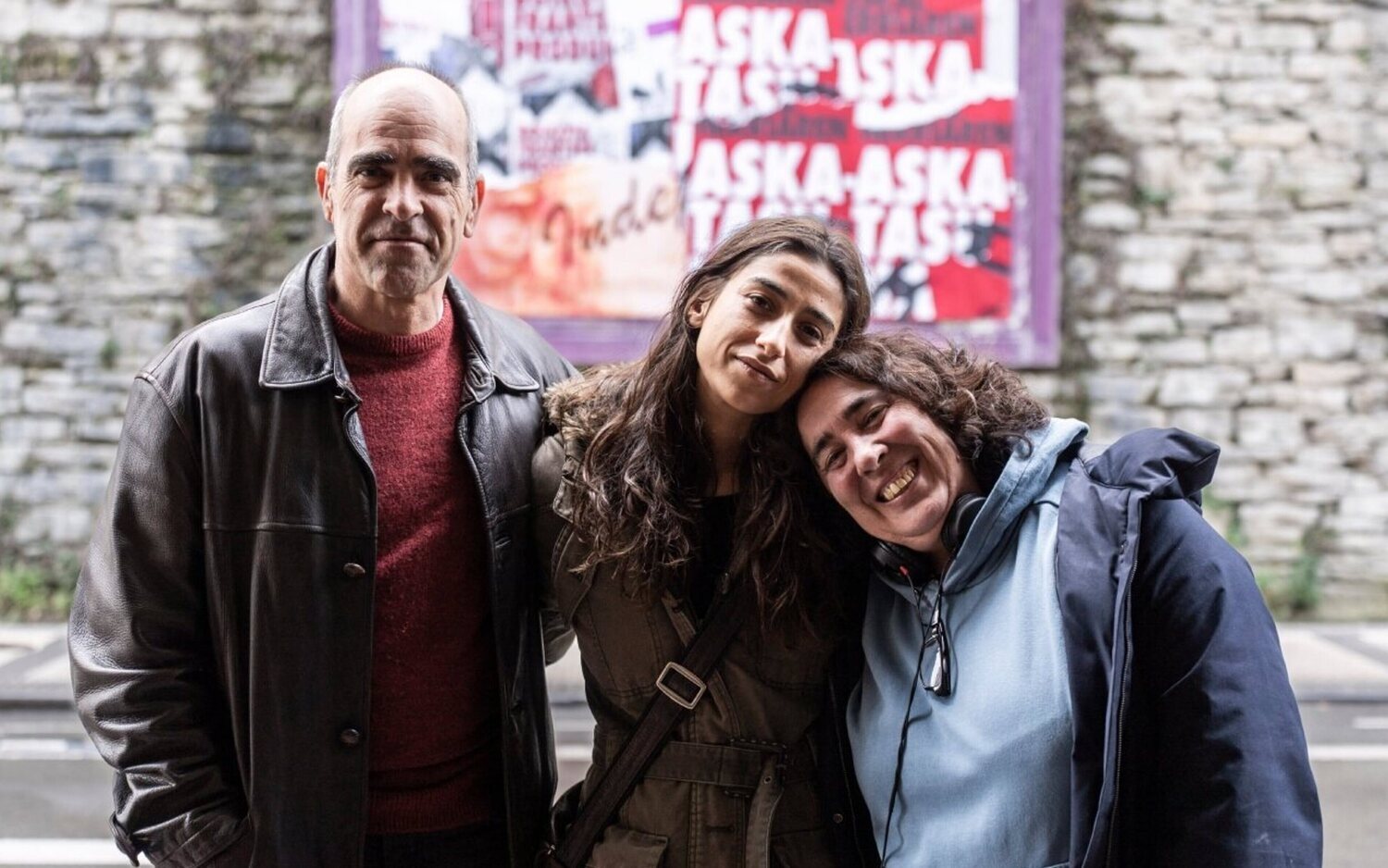13. The San Sebastian Alternative Film Festival will turn the streets into cinemas
- The San Sebastian Alternative Film Festival this year, instead of limiting its activity in a context marked by the pandemic, comes with the innovation that has allowed it to adapt to the situation: the projections will go to the street. As each year, the projections aim to promote a critical reflection, "one of their objectives is to generate a critical reflection on the situations we live in", they have not wished to neglect the debate about the decision of the San Sebastian Festival to award Johnny Deep. They have criticised both the decision to award the prize and the statements of the director of the San Sebastian International Film Festival after the critics of the actresses to this decision.

For the thirteenth time, the San Sebastian Alternative Film Festival returns. From 17 to 26 September six screenings will be carried out in different parts of the city, in which you will see documentaries and films on social and all kinds of issues: the role of women in the labor conflict of the shipyard Euskalduna, the anti-nuclear fight in Euskal Herria, political censorship in the Spanish State, the feminist trend of the punk movement, surfing and respect for the environment.... In the same line as in previous editions, they have selected themes that invite reflection, being one of the objectives of the festival to promote critical reflection.
Like last year, organizers have been forced to find ways to take the festival forward in a context marked by the pandemic, and instead of allowing the situation to limit its activity, they have opted for innovation: "In these times when they want us alone and isolated", in collaboration with different agents, all the actions will be carried out on the street, moving us from neighborhood to neighborhood and for free. The terrace of Txantxarreka, the fronton of Sagües, the terrace of the Letaman, Gladys Enea and the plaza of the Trinity will be the spaces of cinema. The commitment to take cinema to the streets is known as "a turning point", "an approach that opens up great possibilities for the coming years".
The organizers have anticipated that some of the projections will be "special", among which are those of Gladys del Capa about No, thank you! The documentary Gladys window and the documentary Africa in Cinecicleta. The second one can be seen in the plaza de la Trinidad, and in addition to the content of the documentary, the way to project it will also be special: the performance will be performed by bicycle pedals.
Criticism of the San Sebastian Festival
In addition to publicizing the festival’s program, the organization wanted to make a special mention of the San Sebastian Festival. They criticize that the San Sebastian Festival - "and therefore the City Hall of Donostia-San Sebastián, the Provincial Council of Gipuzkoa, the Basque Government and the Ministry of Culture of Spain - have decided to award the award to the actress Johnny Deep, denounced for male violence, as well as the statements of the director of the Festival, José Luis Rebordinos: "Instead of asking for forgiveness and questioning his decision, he expressed his virility and his conviction that 'the role of a film festival is not to judge the conduct of the members of the industry'. As the group of top Spanish filmmakers pointed out, 'leaves the festival and its direction in a very bad place and conveys to society a terrible message: if you are a good actress, it doesn't matter if you have mistreated'. It's a pity.
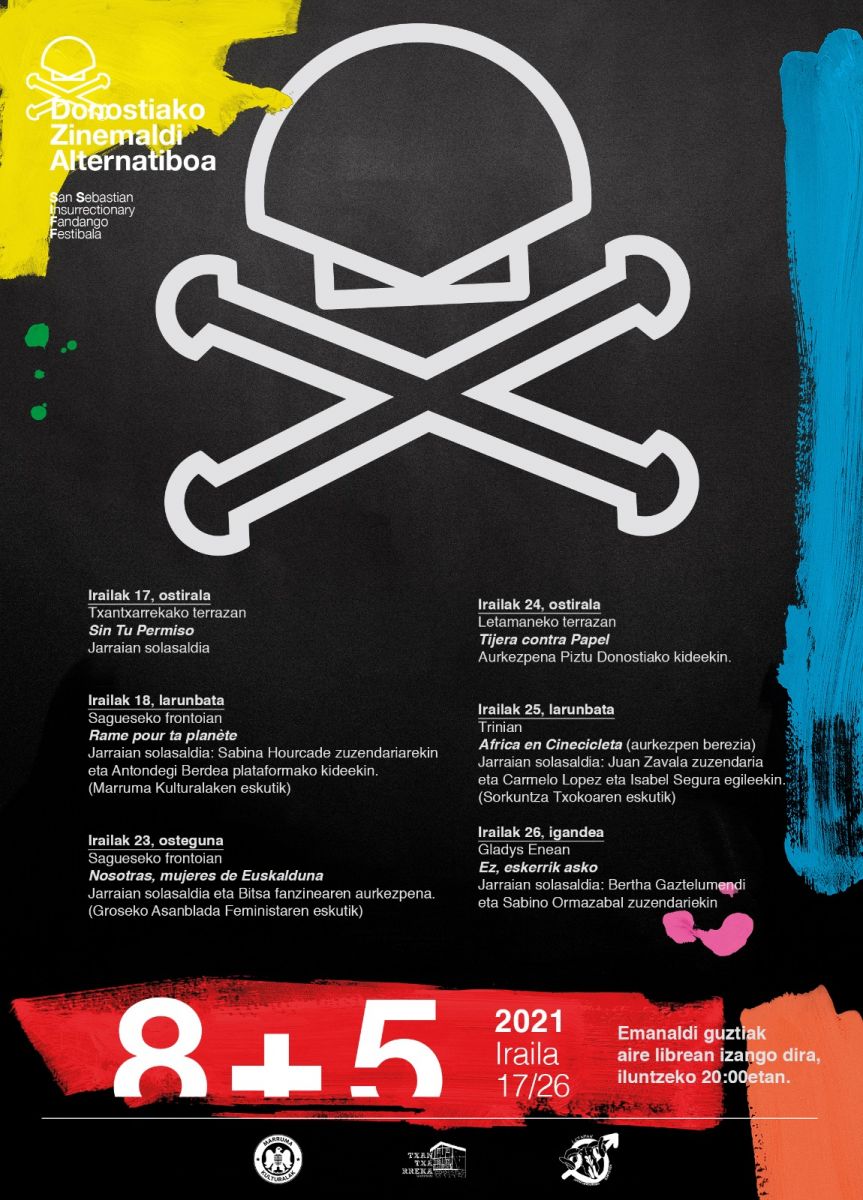
No other land dokumentalaren zuzendari Hamdan Ballal kolono sionistek jipoitu zuten astelehenean bere herrian, beste hainbat palestinarrekin batera, eta Israelgo militarrek eraman zuten atxilo ondoren. Astarte goizean askatu dute.
Donostiako Tabakaleran, beste urte batez, hitza eta irudia elkar nahasi eta lotu dituzte Zinea eta literatura jardunaldietan. Aurten, Chantal Akerman zinegile belgikarraren obra izan dute aztergai; haren film bana hautatu eta aztertu dute Itxaro Bordak, Karmele Jaiok eta Danele... [+]
35 film aurkeztu dira lehiaketara eta zortzi aukeratu dituzte ikusgai egoteko Euskal Herriko 51 udalerritan. Euskarazko lanak egiten dituzten sortzaileak eta haiek ekoitzitako film laburrak ezagutaraztea da helburua. Taupa mugimenduak antolatzen du ekimena.
Pantailak Euskarazek eta Hizkuntz Eskubideen Behatokiak aurkeztu dituzte datu "kezkagarriak". Euskaraz eskaini diren estreinaldi kopurua ez dela %1,6ra iritsi ondorioztatu dute. Erakunde publikoei eskatu diete "herritar guztien hizkuntza eskubideak" zinemetan ere... [+]
Geroz eta ekoizpen gehiagok baliatzen dituzte teknologia berriak, izan plano orokor eta jendetsuak figurante bidez egitea aurrezteko, izan efektu bereziak are azkarrago egiteko. Azken urtean, dena den, Euskal Herriko zine-aretoak gehien bete dituztenetako bi pelikulek adimen... [+]
Otsailaren 24tik eta martxoaren 1era bitartean, astebetez 60 lan proiektatuko dituzte Punto de Vista zinema dokumentalaren jaialdian. Hamar film luze eta zazpi labur lehiatuko dira Sail Ofizialean; tartean mundu mailako lau estreinaldi eta Maddi Barber eta Marina Lameiro... [+]
A conference for architects has just been held in Madrid to discuss the crisis of the professional architect. They have distinguished the traditional and contemporary way of being an architect. What is traditional? From the epic architect who appears in The Brutalist, where... [+]








